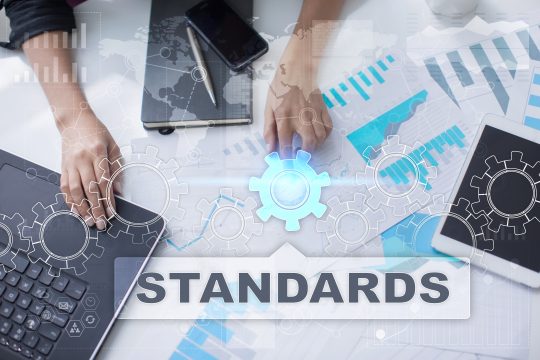While standardization has come a long way since the founding of ONVIF 10 years ago, there is still much opportunity as the market continues to grow and expand. Hear from some of our member companies on the areas of the industry they consider would benefit the most from additional standardization.
What is the biggest area in the physical security market today that needs standardization or improvement in the state of interoperability?
Peter Ainsworth, Product General Manager, Video, Johnson Controls:
The areas that are in the greatest need for standardization are those across the physical security space. With standardization between video, access and intrusion, each of their sensors would talk with each of the different controllers, reducing the cost of the solutions, time to install and improve interoperability.
Jeff Corrall, Strategic Partnerships & Integrations, March Networks
Access control integrations with third-party systems like video surveillance is an area where more standardization would benefit both systems integrators and end user customers. Our access control partners have great integration programs, but the burden is heavy on both partners when trying to coordinate software releases and keep integrations up to date and tested across multiple platforms/manufacturers.
Bob Dolan, Director of Technology – Security Solutions, Anixter:
The access control market is still struggling due to the slow changes in the systems on the market.
Alex Swanson, Head of Engineering, IndigoVision:
Interoperability of advanced analytic functions such as deep learning object classification, behavioral analysis, face recognition and license plate recognition.
Jumbi Edulbehram, Regional President- Americas, Oncam:
The biggest concern for the security industry – and really beyond – is the idea of data privacy, which we’ve already seen begin to grow with the adoption of GDPR in the EU. These regulations aim to create more transparency with regard to the information being collected. As a video data capture technology company, Oncam is paying special attention to these standards and how interoperability affects the relationship between information gathered and how it is used. Data privacy is one area where standardization can aid companies in meeting minimum requirements of member countries and prepare these companies for future regulation implementation in other regions of the world.






